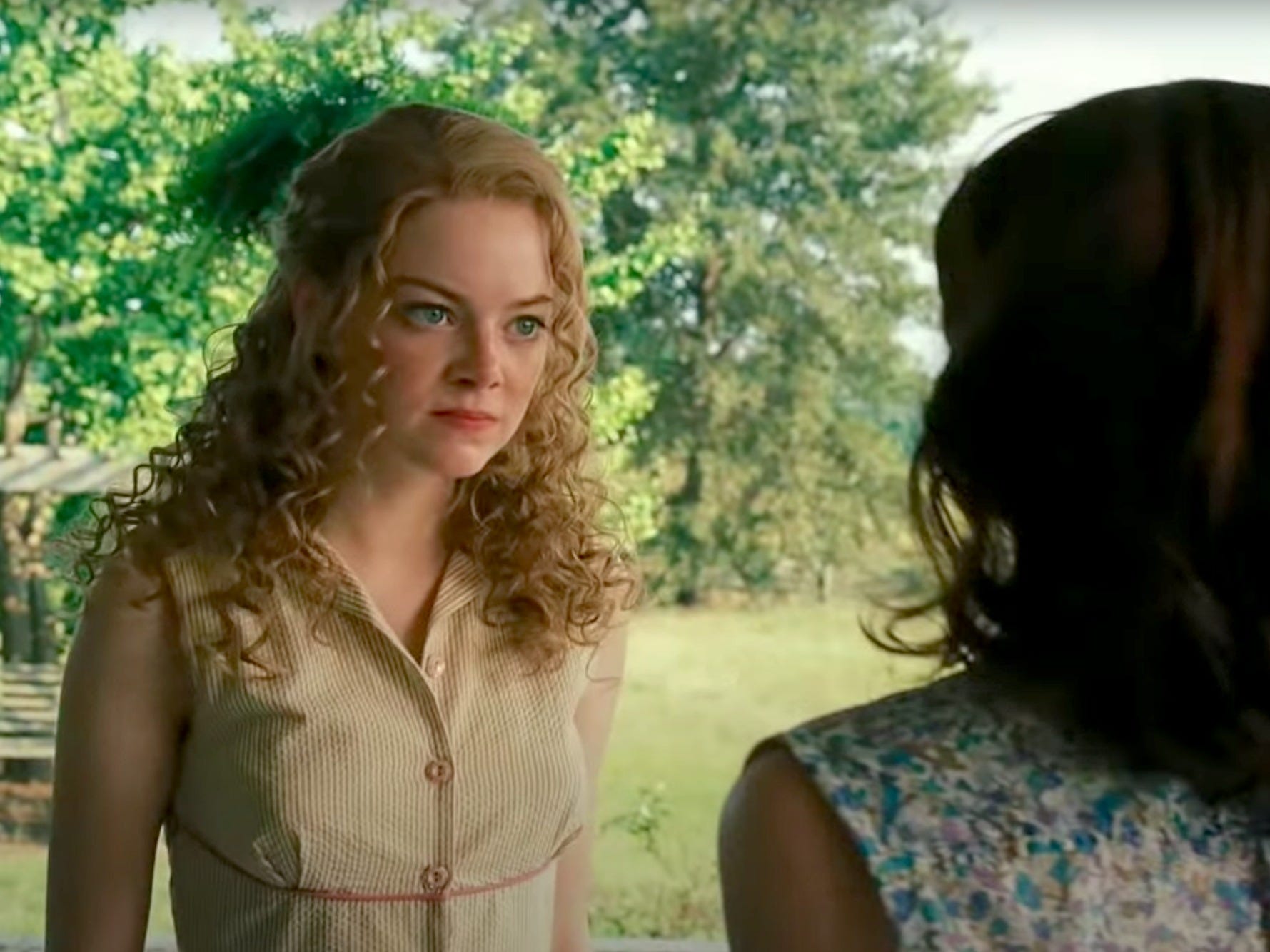- “The Help” became the most-watched movie on Netflix over the past week, according to their US trend bar.
- Written and directed by two white creators, “The Help” serves as a classic example of “white savior” tropes in Hollywood.
- If white Americans want to learn more about our country’s history of racism, and ways to be a better ally, they should not be turning to a movie like “The Help” right now.
- Watch movies actually created by Black people if you want to learn more about the country’s history and the pain that a system built upon slavery and white supremacy is still causing in 2020.
- This is an opinion column. The thoughts expressed are those of the author.
- Visit Insider’s homepage for more stories.
Following more than a week of global reckoning with systemic racism, police brutality, and the inhumane treatment of Black Americans at the hands of white people, the 2011 movie “The Help” is the fifth-most-watched thing on Netflix in the US.
This is a problem.
I’ve never seen “The Help,” but I already know everything I need to know about the movie to see clearly how troubling it is for the film to be trending on Netflix at a time when white Americans are being awakened to the realities with the racism of this country in a newfound way.
Black film critics and writers have pointed out the blatant issues with “The Help” (both the movie and its original source material, a book written by white author Kathryn Stockett) for close to a decade now. Listening to those criticisms, and placing “The Help” within context of a larger issue of Hollywood’s obsession with white-savior narratives, is all you need to know in order to realize how problematic the movie’s trend is.
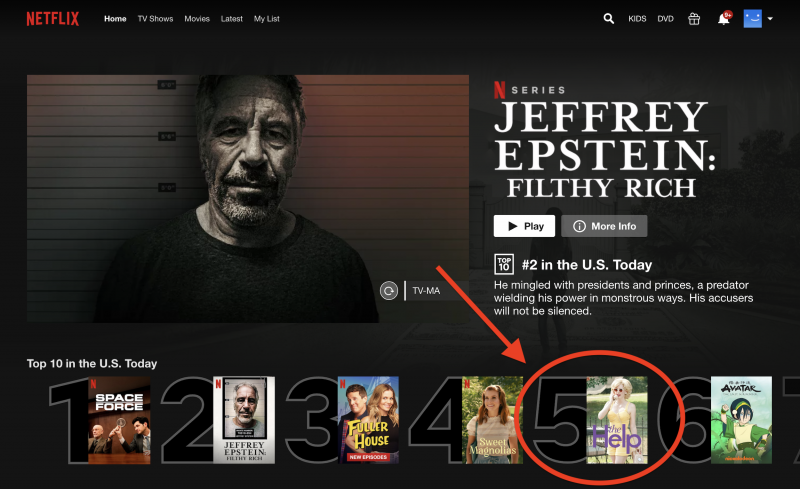
Movies like "The Help" have been promoted and touted as inspiring narratives about racism and the capacity for change in this country for decades. Intentions of those who praise the movie may be well-meaning, but those opinions are ultimately uninformed and damaging.
So let's go ahead and reexamine this movie within the context of it being a story Americans (and most likely white Americans) would try to turn to now.
What to know about 'The Help' and its problematic story about a white woman helping Black people in the south
Set in the 1960s in Jackson, Mississippi, the original book revolves around three narrators - two Black maids named Aibileen Clark and Minny Jackson as well as the white daughter of a family who owns a cotton farm, Eugenia "Skeeter" Phelan.
Driven to find where her family's maid Constantine went after coming back from college, Skeeter tries talking to other maids in the area, eventually convincing Aibileen and Minny to help her speak out about the at-times brutal working conditions of maids in the south. For exposing these stories, Skeeter receives a job offer. Aibileen and Minny are both not credited in the book, and Aibileen is fired.
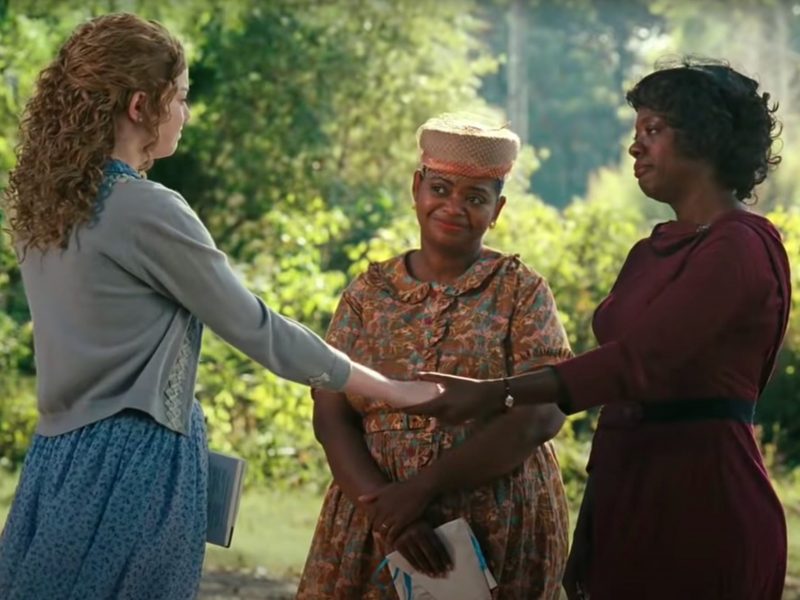
"The Help" was on The New York Times best-seller list for more than 100 weeks, and the film rights were sold before the book was even published. The backlash was also immediate, ranging from critics saying white author Kathryn Stockett wasn't the right person to tell the story of Black maids and that the book white-washed the Civil Rights movement.
The movie faced similar criticism of "softening segregation" to keep white audiences comfortable and for allowing a white woman - in the plot, movie, and in life - to make money off of Black stories.
"'The Help' distorts, ignores, and trivializes the experiences of black domestic workers," a statement from the Association of Black Women Historians said in a 2011 Washington Post article. "We are specifically concerned about the representations of black life and the lack of attention given to sexual harassment and civil rights activism."
The 'white savior' trope is tiring, and it's also counter-productive to real change when it comes to system racism
"The Help" first appeared on the US Netflix trend list on Wednesday. People on Twitter were soon discussing the very problematic and downright absurd idea that people might be turning to a movie like "The Help" in a week that should be dominated by white Americans learning how to better examine their privilege and be better allies to Black people.
"'The Help' trending on netflix is all we need to know about how some ppl are educating themselves," Dr. Ashanté Reese wrote in a tweet that has since racked up close to 90,000 favorites. She ended her first tweet with a simple: "LOLOLOL"
"The Help" trending on netflix is all we need to know about how some ppl are educating themselves.
LOLOLOL
— A (@AMReese07) June 4, 2020
Writer and podcast host ReBecca Theodore-Vachon also tweeted about "The Help," and why it was a terrible option.
"Even as a fictional story, it was ahistorical in how it robbed Black people of their autonomy," Theodore-Vachon told Insider in an email. "In the South in the 1960s the Black community was very active in mobilizing the Civil Rights movie, and in 'The Help' they erased that to center a plucky White college student."
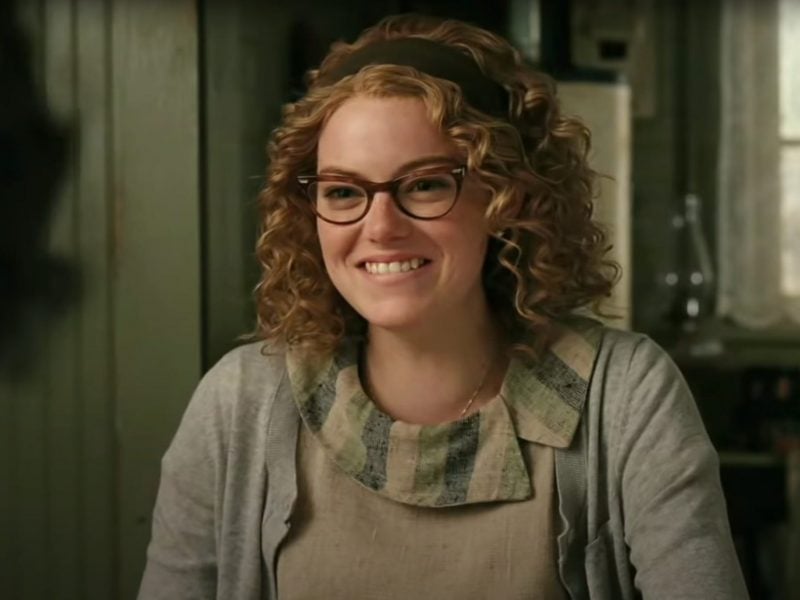
"I always felt the movie would have been stronger if the lead character was a young Black woman who had graduated from an HBCU (Historically Black Colleges and Universities) who came back to her hometown where her mother was one of the maids," Theodore-Vachon said. "Viola Davis and Octavia Spencer gave fine performances but overall the writing of this movie robbed them of fuller and richer characters."
"The Help" is just one of many, many movies that fall into this misguided idea that a white character has to be the protagonist - or at least have a key role in "healing" of race-relations - in order for that movie to have widescale appeal.
Insider's own opinion columnist and producer Manny Fidel created a video last year which outlines the ways "white savior" narratives are harmful.
In a "white savior" movie there is always "a white character who saves a person of color from their troubles, troubles that the person of color can't save themselves from," Fidel said in that video.
"The white savior trope has been utilized since the beginning of filmmaking, but it really grew popular during the civil rights era," he continues. "Offscreen, Black activists were leading the fight for civil rights in America, but filmmakers turned to white characters to tell these nonwhite stories."
"What makes 'The Help' worse than your typical white savior film is the implication that the main character is being brave by merely socializing with Black people," Fidel told me Friday over Slack. "What kind of message are we sending to viewers that a white person's willingness to befriend a Black person is what's going to solve racism? You can be racist and have friends of color, it happens all the time."
Particularly in the middle of the current conversation happening now about race, and the ways in which white people in America can perpetuate a racist system while believing themselves to be "not racist," this movie feels particularly egregious to many. The movie simply doesn't handle any of the conversations around Jim Crow laws and system issues in a responsible manner.
"From a writing standpoint, I recall Viola Davis' character saying that helping Skeeter write her book is more frightening than Jim Crow," Fidel continued. "That line of dialogue could only have come from a white person, it makes absolutely no sense, even as comic relief."
It's worse to have a white-savior movie that decenters Black voices and experiences than to just not have that movie at all.
'The Help' film was created by white people, continuing a bad trend of Hollywood bolstering supposedly diverse stories without diverse creatives behind-the-scenes
There are not enough Black Americans being hired to write and direct movies.
Diversity studies about Hollywood have shown some improvement, but it's not enough. In 2018, a study by the USC Annenberg Inclusion Initiative showed that just 14% of the top 100 grossing movies were directed by Black people.
"That's a 270% increase over 2017 and a 200% increase from 2007 in terms of representation and comes after grassroots campaigns such as #OscarsSoWhite brought public attention to the lack of representation in Hollywood," Variety reported.
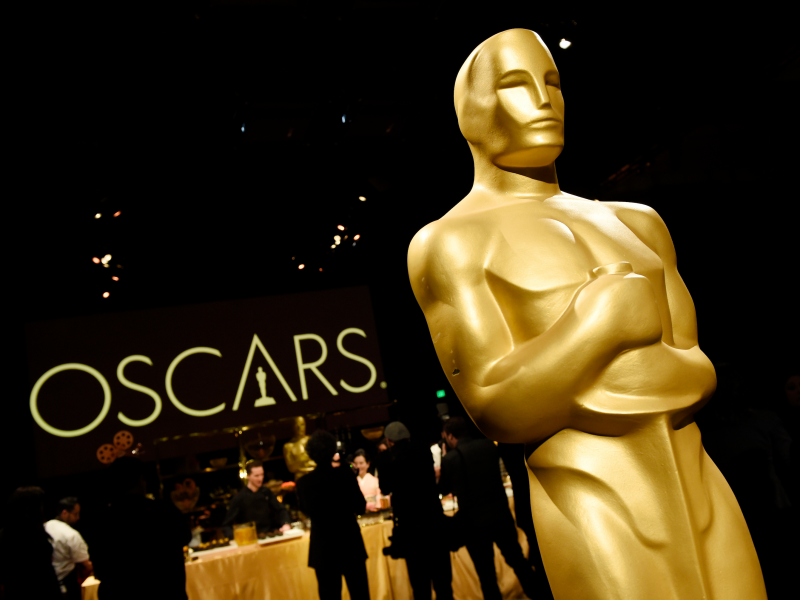
And that's nothing to say of screenwriters - the people responsible for the actual narrative and characters you see in movies like "The Help."
In 2019, the Writers Guild of America West released an inclusion report. Of more than 2,000 screenwriters included in the report, just 7% were Black.
Given this, it's deeply upsetting when movie-after-movie, most of them written and directed by white people, purport to show an example of how white Americans can "come together" with Black people and help right the wrongs of historic and systemic racism.
Author Kathryn Stockett wrote "The Help" in the years leading up to its publication in 2009. The New York Times has reported that, by the time she sold the book, Stockett "had already sold the movie rights to her childhood friend, [Tate] Taylor, an actor turned fledgling director."
Taylor was living with Stockett when he began working on the screenplay version of "The Help." He later continued working on it in Los Angeles, when he was roommates with Octavia Spencer (who went on to costar in the movie).
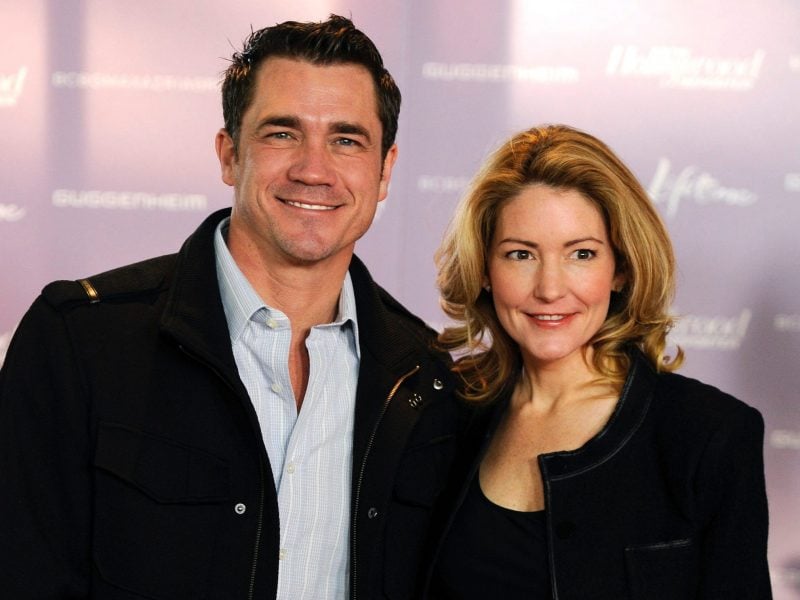
In the New York Times piece which outlined Taylor's journey of making "The Help", the heavy criticism of the movie's white-savior trope were noted by the reporter. But neither Stockett nor Taylor were asked to respond to those criticisms in the article. Instead, that task fell to award-winning actress Viola Davis, who also co-starred in the movie.
"I knew it was coming," Davis had told the Times at a lunch event celebrating the movie. "Because I understand where it's coming from, I really do. People are tired of those images - of the maid, uneducated, a thick dialect."
That was Davis speaking in 2011. Seven years later, Davis had a different take on the situation.
Viola Davis now says she regrets her role in 'The Help'
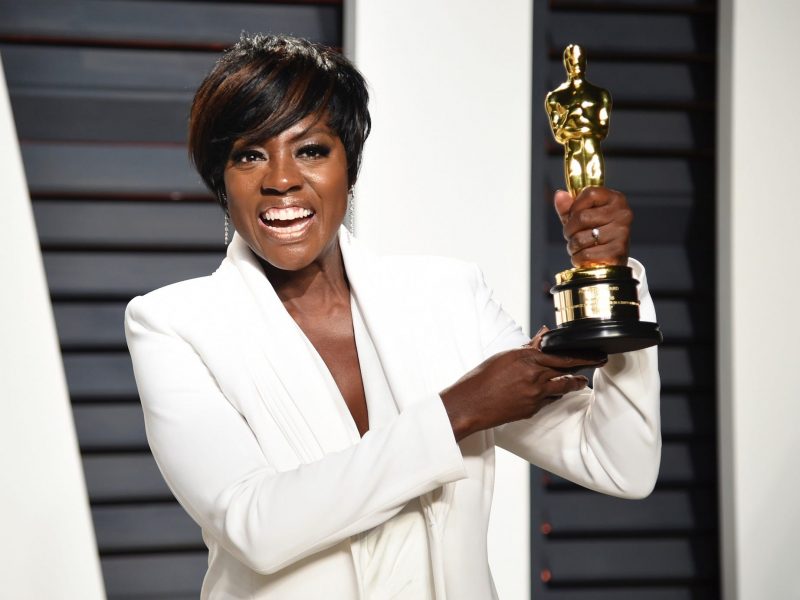
In a 2018 Q&A interview with New York Times readers, Davis was asked if she had ever passed on a role and regretted it.
"Almost a better question is, have I ever done roles that I've regretted? I have, and 'The Help' is on that list," Davis said. "But not in terms of the experience and the people involved because they were all great. The friendships that I formed are ones that I'm going to have for the rest of my life. I had a great experience with these other actresses, who are extraordinary human beings. And I could not ask for a better collaborator than Tate Taylor."
Davis' regrets with the movie are instead focused on the way her character, and the other Black characters in the movie, were not the experiential focus of the film.
"I just felt that at the end of the day that it wasn't the voices of the maids that were heard," Davis continued. "I know Aibileen. I know Minny. They're my grandma. They're my mom. And I know that if you do a movie where the whole premise is, I want to know what it feels like to work for white people and to bring up children in 1963, I want to hear how you really feel about it. I never heard that in the course of the movie."
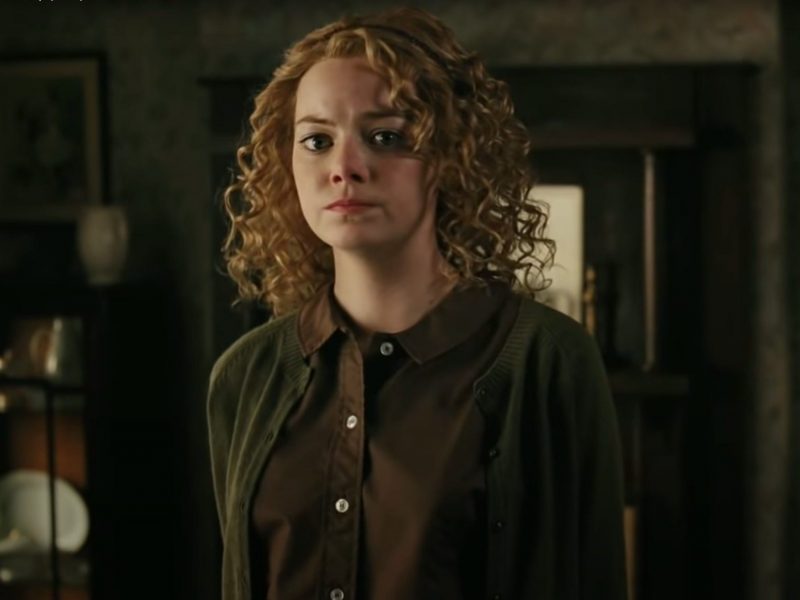
It comes back to Emma Stone's character, Eugenia "Skeeter" Phelan, being given the central space and the role of "saving" the Black women from racism and discriminatory practices and abuse by their employees. Davis could have (and should have) been a star of a movie that dealt with the experience of Black women in the '60s with more care and nuance.
"This is indicative of the kind of choices Black actresses have to make: Take on stereotypical roles written without depth and dimension or not work at all," Theodore-Vachon told Insider.
We need to be learning, and doing better, as white people consuming media
Movies shape the way we think. Stories told through movies are inherently designed to invoke empathy from the viewer, and draw you into a story and the experience of a character. If white Americans keep watching box-office-hits like "The Help," we're absorbing the wrong message.
The intentions of people watching "The Help" may be well-meaning, but intention doesn't matter - the results are still the same. Movies like "The Help" (or the more recent example of "Green Book") only serve to placate non-Black Americans who feel they're not racist. They also reinforce a bad misunderstanding of how white people should be thinking about racism currently.
"After being bombarded with movie after movie about how far we've come as a nation, white savior films end up minimizing the issues that people of color go through today," Fidel said in his 2018 video. "Viewers may leave a white savior film saying, 'Thank God we are not like this anymore!' When in fact, many of us are still exactly like this."
On the landing page for "The Help" on Netflix, the movie is labeled as "heartfelt," "inspiring," and "emotional." Anyone watching a movie like "The Help" this week, especially if they are looking for "inspiration" about how to be anti-racist, will miss the point entirely.
It's not enough to see a fictional story about a white woman choosing to intervene in a racist situation. We need to be practicing, every day, how to be actively anti-racist.
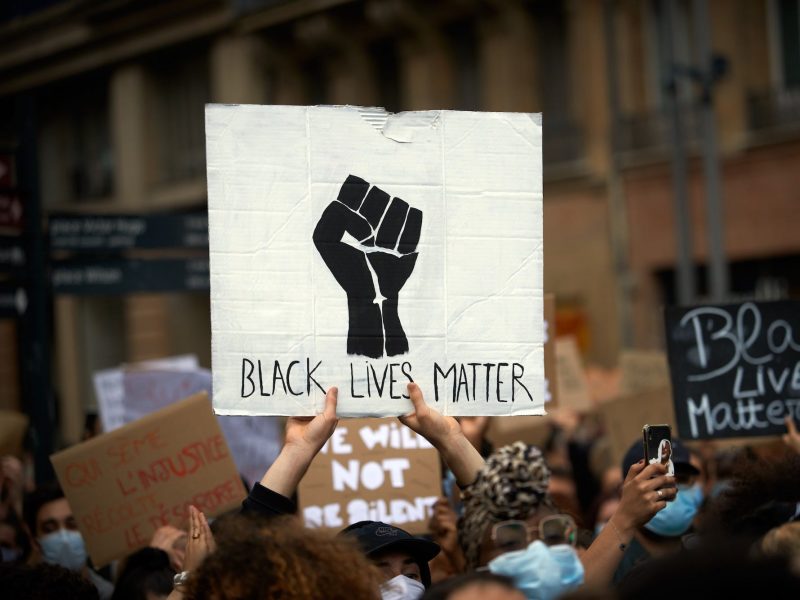
We need to be listening to the experiences of Black Americans. Follow more Black critics and writers online, and listen to them without butting in or asking them to educate you on racism.
If we had been doing that already, this many people wouldn't have pressed "play" on "The Help" while browsing Netflix. (Insider reached out to Netflix to ask about viewing numbers on "The Help" this week, but representatives did not respond by the time of publication.)
So, for the love of all that is holy, watch movies actually created by Black people if you want to learn more about the country's history and the pain that a system built upon slavery and white supremacy is still causing in 2020.
There are so many other options rather than "The Help." Watch "Selma," the 2014 movie about Martin Luther King, Jr. directed by Ava DuVernay, for free anytime in the month of June. DuVernay's other works, the documentary "13th" and miniseries "When They See Us," are direct stories about police brutality and the current injustice of our prison system in America. Both are available on Netflix.
This would also be a good time to watch "Fruitvale Station," a movie based on the true story of how 22-year-old Oscar Grant was shot in the back by a police officer. The movie was directed by Ryan Coogler, who went on to direct Marvel's box-office-smash "Black Panther" in 2018.
Theodore-Vachon also recommends "Uncorked," a Netflix original film she calls "a wonderful movie about Black family more people need to see."
Just, whatever you do, don't watch "The Help." And tell your white friends and family not to, either.
- Read more:
- Movies you can stream for free about social injustice, from 'Selma' to 'Just Mercy'
- 'Selma' star David Oyelowo says Academy Award members refused to vote for the movie after the cast wore 'I Can't Breathe' shirts to the premiere
- How the coronavirus, record unemployment, and years of African American deaths in police custody exploded into the biggest protests in 50 years
